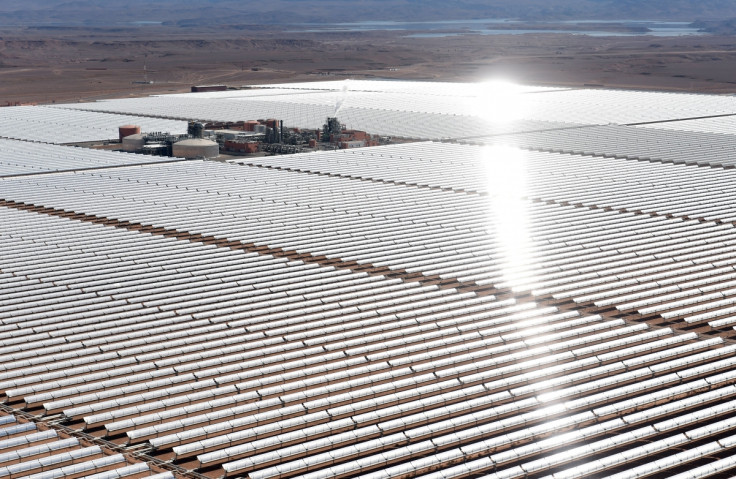Watly: New solar-powered device can provide drinking water, internet and electricity in rural Africa

An Italian-Spanish startup called Watly has invented a solar-powered computer by the same name that can provide safe drinking water, electricity and internet access in remote areas. The system is currently being tested in Ghana and is expected to help in the development of rural areas in Sub-Saharan Africa.
At present, 625 million people are without electricity in the remote African region, which is around 66% of the total population, out of which 39% do not have access to safe drinking water.
"This is an infrastructure solution for people without access to three fundamental pillars of civilization," Marco Attisani, founder of Watly told CNN adding, "We are [taking] people to the heart of the 21<sup>st century.
The device has photovoltaic panels on its surface through which it takes solar energy and changes it into electricity via an enclosed 140 kWh battery, which then charges a patented water treatment system – where the water is boiled and distilled – that can deliver up to 5,000 litres of purified water a day.
It also powers a connectivity hub that offers internet connection within an 800-metre area and a charging station for electronic and mobile devices. The final design of the machine will be showcased to prospective customers and investors in July this year. The project has received £1.4m ($2m) from the European Union's Horizon 2020 research funding programme.
"The project could have a huge social and economic impact especially in Africa. It aims to bring clean energy and clean water to people in countries that are in desperate need of both vital resources," Attisani explained.
The company is planning to open branches in Nigeria and Sudan after its success in Ghana and expects to place 10, 000 units across Africa offering around 50,000 jobs to locals.
© Copyright IBTimes 2025. All rights reserved.





















